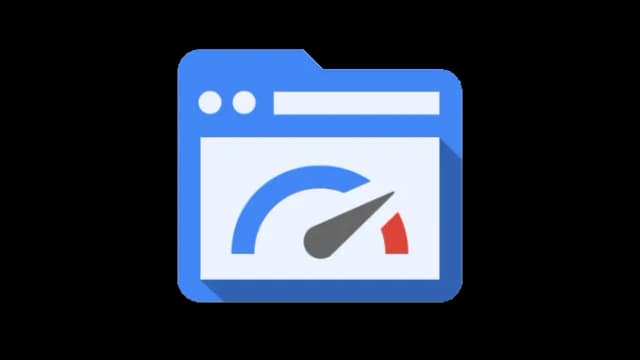SEO Checklist For Frontend Developers

Introduction
As a Frontend Developer, there are many things you need to remember to make your site visible in search results. In this article, I present a detailed SEO checklist that will help you optimize your site for search engines.
SEO Checklist for Frontend Developers
Technical SEO
-
Robots.txt: Make sure the site has a properly configured robots.txt file that allows search engine bots to index the appropriate pages. What is robots.txt and how to create it?
-
XML Sitemap: Create an XML sitemap and submit it to Google Search Console to help search engines better understand the structure of your site. What is sitemap.xml and how to create it?
-
RSS Feed: If your site has a blog or news section, create an RSS feed and submit it to Google Search Console. What is RSS feed and how to create it?. If you have RSS you can test it here: RSS Feed Tester
-
Site Speed: Use tools like Google Lighthouse for site speed optimization. Remember, page load speed is a key ranking factor. Google Lighthouse
-
Mobile Optimization: Make sure the site is optimized for mobile devices. Use Google tools such as Mobile-Friendly Test. Mobile-Friendly Test
-
HTTPS: Ensure the site is using HTTPS. This is now a basic standard for any website.
-
Structured Data: Use structured data (Schema.org) to provide additional information about your site content to search engines. Schema.org
-
Analytics: Add Google Analytics or another analytics tool to your site to track traffic and user behavior. Google Analytics
-
Search Console: Add your site to Google Search Console to monitor its performance in Google search. This will help track progress as well as identify any potential errors. Google Search Console
Content SEO
-
Keyword Research: Conduct keyword research before creating content. This will help determine what topics you should focus on. Google Keyword Planner
-
Content Quality: Ensure the content is unique, well-written, and provides value to users.
-
Title Tags: Each page should have a unique and descriptive page title that contains keywords.
-
Meta Descriptions: Each page should have a unique and descriptive meta description. Although meta descriptions are not a direct ranking factor, they can influence CTR.
-
Header Tags: Use header tags (H1, H2, H3, etc.) to structure your content and highlight key points. A correct header structure also allows for easier content understanding by search engines and disabled users.
-
Alt Tags: All images should have alt tags describing the image. This helps search engines understand what the image depicts.
Advanced SEO
-
International SEO: If the site is available in multiple languages or targets different regions, apply hreflang tags. Hreflang Guide
-
Social Meta Tags: Add Open Graph and Twitter Cards meta tags to your site to enhance its appearance on social platforms. Open Graph, Twitter Cards
-
404 and Redirects: Manage 404 errors and make sure any necessary redirects (301, 302) are in place.
-
Canonical URLs: Use canonical URLs to avoid duplicate content issues. Canonical URLs Guide
-
Console Errors: Check the console for errors and fix them.
-
Update Everything: Ensure that your site is using the latest version of any CMS, framework, library, or other software. This is important for security and performance.
-
Scanners: Regularly scan your site for errors and issues. Screaming Frog, ahrefs
-
Uptime: Use uptime monitoring tools to ensure your site is available to users. Uptime Robot, StatusCake
-
Hosting Speed: Make sure your site is hosted on a fast and reliable server.
Conclusion
Optimizing a site for SEO is essential for every Frontend Developer. I hope this checklist will assist you in effectively optimizing your site. Remember that SEO is a continuous process, and regular monitoring and optimization are keys to success.
Related Blogs

SEO And Web Accessibility - Guide for Developers
Dive deep into the technical aspects of SEO and web accessibility. Understand their overlap and learn how to improve both with practical code examples.

Understanding And Improving Google PageSpeed Insights Results
A practical guide for frontend developers to understand Google PageSpeed Insights and make necessary improvements.
